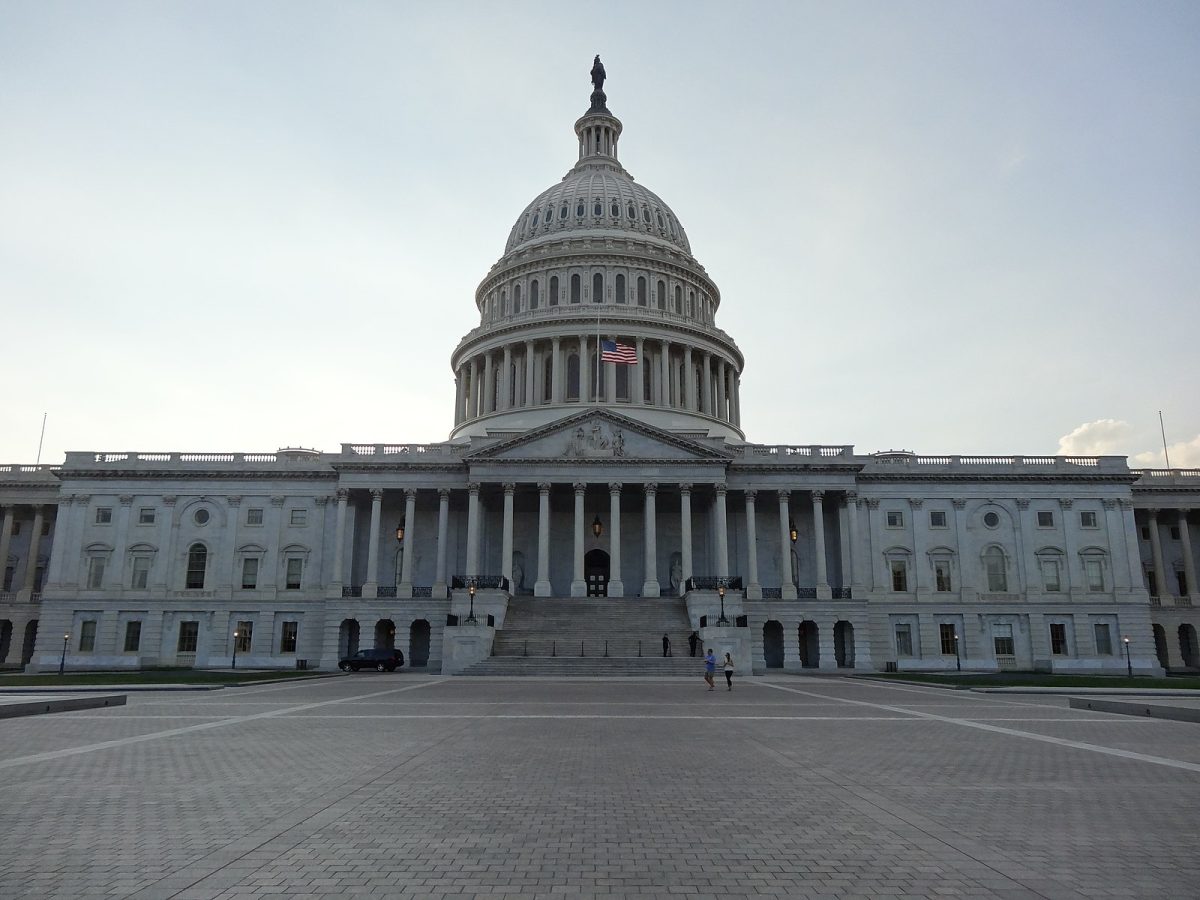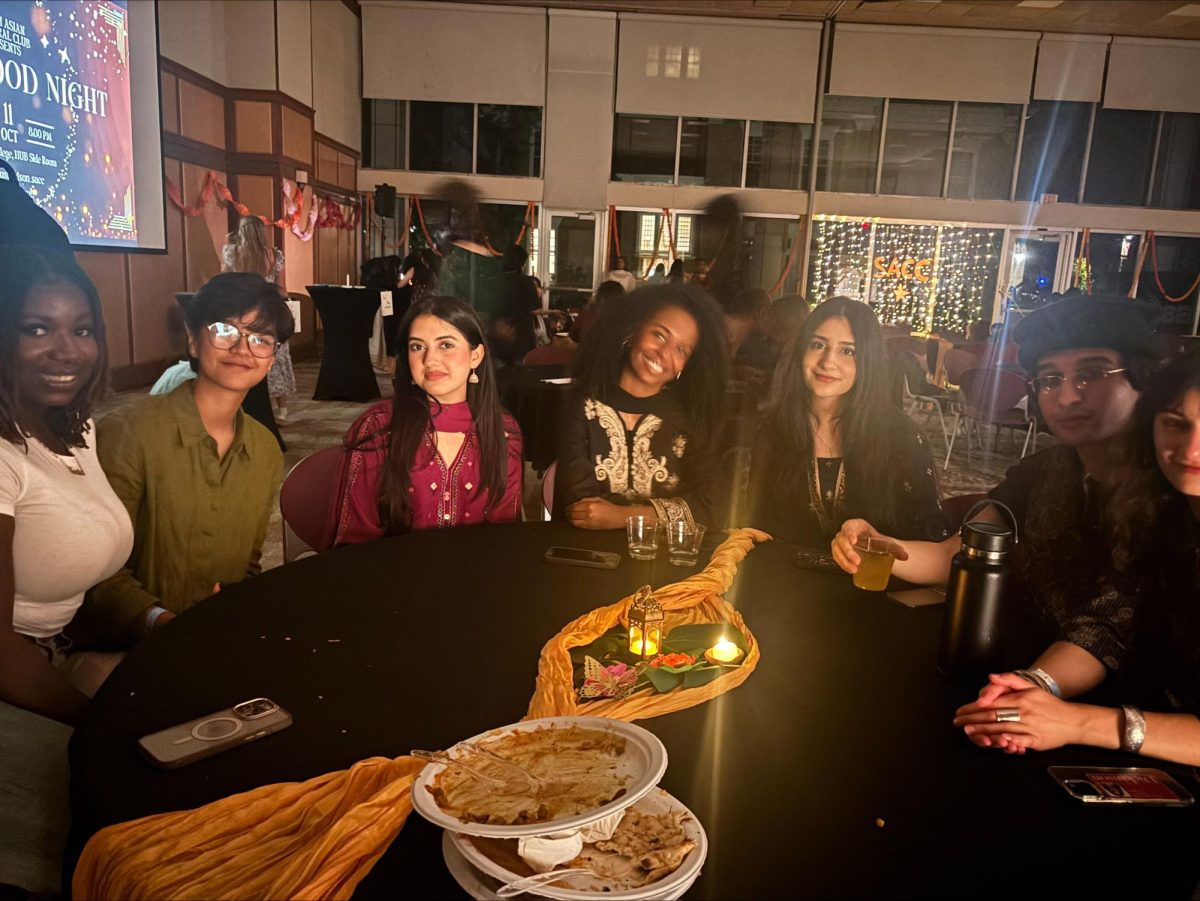The House Divided Project invited Fergus Bordewich, a Civil War historian, to campus to give the annual Wert Lecture on how the extreme division in the country manifests in Congress by focusing on the innovations during the Civil War.
Bordewich spoke specifically on the topic of one of his books: the 37th and 38th Congresses, which legislated the United States during the Civil War. The talk centered around how these two congresses and their prominent members (such as Rep. Thaddeus Stevens and Sen. William Pitt Fessenden) shaped and altered the role of Congress, paving the way for “the America of today” Bordewich said.
The Wert lecture, which is hosted annually by the House Divided Project, is named after prominent Civil War historian J. Howard Wert (1841-1920). Wert, a graduate of Gettysburg College, was present for both the Battle of Gettysburg and later the Gettysburg Address. During his lifetime, he collected numerous artifacts from the Civil War, and more specifically, the Gettysburg Battlefield. Wert’s collection is unmatched by any other private collection of Civil War artifacts.
Parts of Wert’s collection, curated by the collection’s curator Craig Caba, were on display in the ATS lobby before the lecture. Included among this collection were ceremonial sabres, artifacts from the Underground Railroad, personal belongings from Representative Thaddeus Stevens and the original Gettysburg Address lectern.
Due to Wert’s dedication to Civil War history, the Wert Lecture annually brings a prominent Civil War historian to the college to deliver a lecture on a specific aspect of Civil War history.
Bordewich outlined how the war congresses passed five significant pieces of legislation which reshaped the role of the federal government: the Homestead Act, the Agriculture Congress Act, the Pacific Railroad Act, the establishment of the Department of Agriculture and the establishment of the IRS. Bordewich outlined how these acts attempted to undo the institution of slavery by either providing free land, public education or enabling increased settlement of the West. He also outlined how each act “looked forward,” using the context of the Civil War to reshape the role of the federal government.
While Bordewich’s talk focused mainly on the Civil War congresses, he also connected their actions to the Congress of today. He remarked that, even then, many congresspeople questioned whether or not the constitution would survive the increased amounts of division in Congress. Bordewich also spoke on the importance of Congress, saying that, “[Congress] may seem needless… but it’s the voices of Americans distilled to only 535.” He also commented on the attitude of DC and how it seems to be in constant conflict. He acknowledged the anxiety that constant political news could bring, however he used a quote from Sen. Fessenden that, “you never have quiet unless [you have] a tyrant.” Bordewich highlighted throughout his talk that even if politics is messy, the American founding fathers fought to “put politics and its turbulence into the government,” and without this turbulence, America would not be able to make progress.






